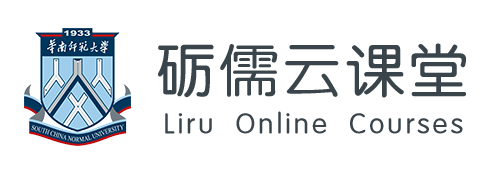International Financial Management 2021
课程类别国际商学院(21-22上)
2020级金融学
课程类别国际商学院(21-22上)
本课程的主要任务是使学生对货币理论、银行、金融市场等方面的基础知识有较全面的理解和较完整的认识,为学生进入“金融”这个神奇的世界建立一个统一的分析框架。
The main task of this course is to enable students to have a comprehensive understanding of the basic knowledge of money theory, banking, financial markets and other aspects, and to establish a unified analytical framework for students to enter the magical world of "finance"
教师: 马赞军

